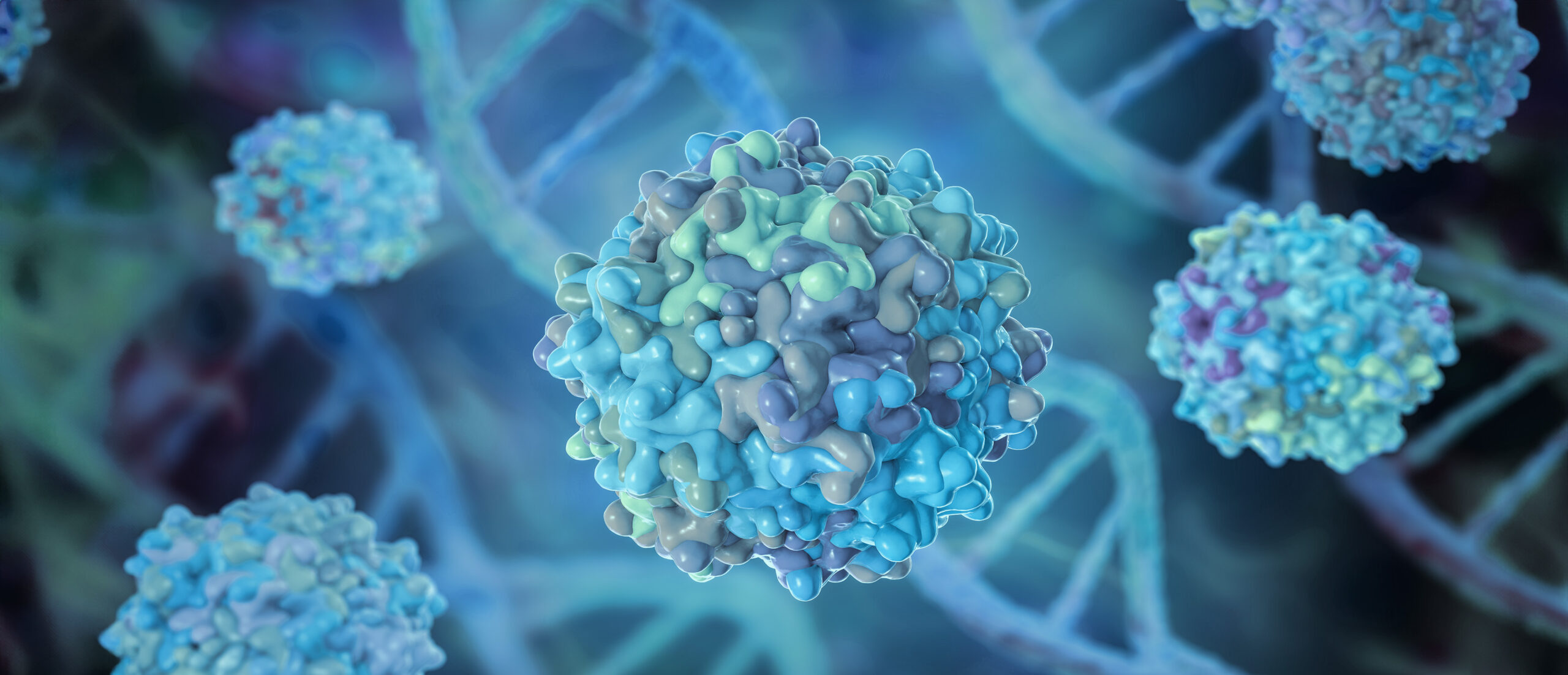
Viral Shedding Assay Services
A viral shedding study is used to quantify the amount of virus released from a test subject into the environment over time. This involves collecting and analyzing samples such as saliva, mucus, blood, or other bodily fluids to measure the presence and concentration of viral particles. In the development of gene therapy drug products, these studies are particularly important as they help assess the safety and efficacy of viral vectors used to deliver therapeutic genes. By monitoring viral shedding, researchers can determine how long the virus remains in the body, the potential for transmission to others, and any unintended spread to non-target tissues. This information is crucial for optimizing dosing regimens, ensuring patient safety, and obtaining regulatory approval for gene therapy treatments.
Our Expertise
Avance scientists are skilled in advanced techniques such as Real Time PCR, ELISA, and next-generation sequencing which are essential methods for accurate quantification of viral load. We are well-versed in designing robust experimental protocols, optimizing sampling methods, and interpreting complex data to provide comprehensive insights into viral dynamics. Our laboratory is uniquely equipped to perform both preclinical and clinical studies, ensuring a seamless transition from early-stage research to clinical trials. Our meticulous approach and commitment to high-quality standards make us a trusted partner for supporting your viral vector and gene therapy drug development campaigns. Partner with us to leverage our expertise and achieve your research and regulatory milestones efficiently.
Key Viral Shedding Assays
Assay
Description
qPCR (Quantitative PCR)
Quantifies viral RNA/DNA in a sample using polymerase chain reaction.
RT-PCR (Reverse Transcription PCR)
Detects and quantifies viral RNA using reverse transcription followed by PCR.
ELISA (Enzyme-Linked Immunosorbent Assay)
Detects and quantifies viral antigens or antibodies in a sample.